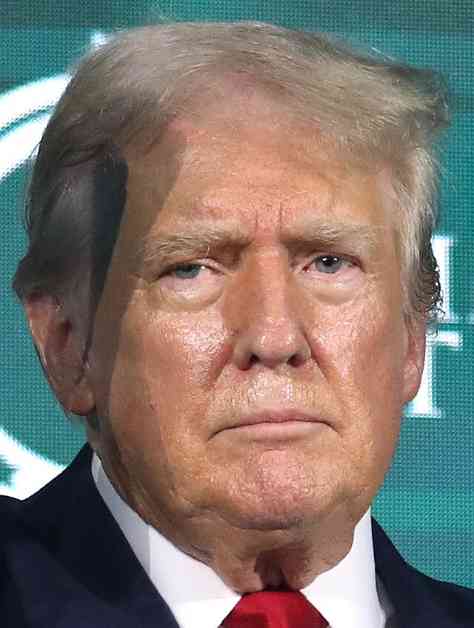For almost a decade, musicians have been requesting former president Donald Trump to stop using their songs at his rallies. From The White Stripes to Cèline Dion and Beyoncè, many artists have expressed their opposition to their music being played at Trump’s events.
The White Stripes even took legal action against Trump for using their song “Seven Nation Army” in a campaign video without obtaining the necessary synchronization license. This move was a violation of federal copyright law, as claimed by The White Stripes.
Cèline Dion, famous for her song “My Heart Will Go On” from the movie “Titanic,” made it clear that she does not endorse Trump or his use of her music. She found it ironic that he wanted to use a song from a movie about a sinking ship.
Phil Collins also sent Trump a cease and desist letter in 2020 for using his song “In the Air Tonight” at rallies. Collins felt that Trump was using the song in a way that belittled the seriousness of the COVID-19 pandemic.
The Village People’s songs “YMCA” and “Macho Man” have been played at Trump’s rallies for years. However, founding member Victor Willis requested Trump to stop using their songs in 2020 and even threatened legal action if he continued.
ABBA’s label demanded that Trump’s campaign refrain from using their songs, like “Dancing Queen,” after they were played at a rally in July 2024. Similarly, Rihanna’s team sent a cease and desist letter for the use of her song “Don’t Stop the Music.”
Issac Hayes’s estate filed a lawsuit against Trump for using the song “Hold On, I’m Coming,” and a judge ruled to block Trump from using the song. The Rolling Stones also threatened legal action for Trump’s use of their song “You Can’t Always Get What You Want.”
Beyoncė sent a cease and desist letter to Trump for using her song “Freedom” in a campaign ad. While some record labels provide blanket licenses for musical groups, Trump has not obtained licenses for all the artists he has used music from.
Despite protests from individual artists, Trump continues to use non-permitted music at his events. While some record labels grant licenses for their artists, they do not cover all the songs used by Trump. It is essential for politicians to respect the rights of artists and obtain proper licenses for music used in their campaigns.

